#jane austen: genius
Explore tagged Tumblr posts
Text
It's such a small moment, but the fact that Mrs. Norris tries to get Tom to play cards by suggesting they will up the ante for him, but only against Dr. Grant, is such a complex and horrible thing
“My dear Tom,” cried his aunt soon afterwards, “as you are not dancing, I dare say you will have no objection to join us in a rubber; shall you?” Then leaving her seat, and coming to him to enforce the proposal, added in a whisper, “We want to make a table for Mrs. Rushworth, you know. Your mother is quite anxious about it, but cannot very well spare time to sit down herself, because of her fringe. Now, you and I and Dr. Grant will just do; and though we play but half-crowns, you know, you may bet half-guineas with him.”
Firstly, Mrs. Norris must be aware that Tom has a gambling problem, she was around when Sir Thomas sold the Mansfield living. In order to flatter Mrs. Rushworth with a game, she is tempting Tom with his principle vice. In fact, this even proves she knows because she's using it against him.
Second, she constantly talks about how Sir Thomas is in financial peril, Fanny cannot have a horse! But she sees nothing wrong with Tom gambling a significant amount of money for her own ends, which proves a good deal of her frugality is self-serving or pointedly cruel.
Third, much like she offered Henry's carriage to get scratched up on the way to Sotherton, she offers Dr. Grant's money against Tom's but indicates that she will still play for a lower amount. While she wants to tempt Tom to play, she will not spend her own money.
Fourth (speculation), Mrs. Norris hates Dr. Grant and is probably asking Tom to play so that she has a better chance to beat him. We know Sir Thomas doesn't want his wife as a partner in whist.
Mansfield Park is so amazing because this tiny, seemingly insignificant moments reveal so much about each character!
#mansfield park#tom bertram#mrs. norris#dr. grant#tempting people with their own vices#reminds me of Huntington in The Tenant of Wildfell Hall temping Lowborough#jane austen#jane austen: genius
99 notes
·
View notes
Text

Best book ever written, nothing will ever be funnier than this, Jane Austen I love you more than anyone else in the world <3
#Mr. knightley i love you so much#also Mr. knightley is so in love with Emma#it’s so cute#he can hardly help from smiling even when she’s making fun of him#thank goodness Mrs. Elton was there#I really can’t blame him#she’s like a combination of all my most obnoxious family members#I swear to god if she brings up that god damn barouche-landau again#and mother fucking maple grove#anyway where was i#Jane Austen literary & comedic genius everybody#i love her so muuuuuch#emma#jane austen#books
279 notes
·
View notes
Text




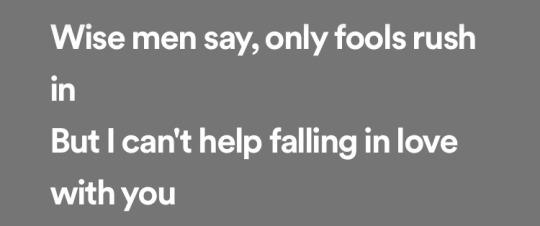



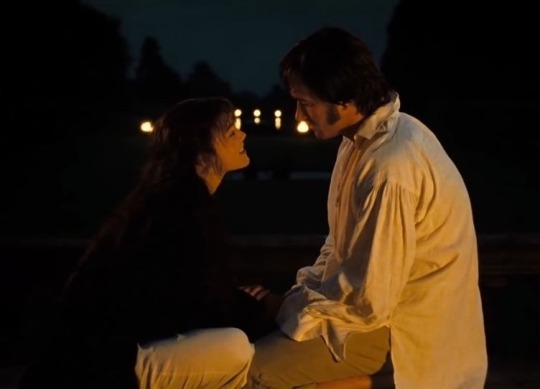
red, white & royal blue (2023) dir. matthew lópez / perfume genius (orig. elvis presley), ‘can’t help falling in love’ / william shakespeare, as you like it / casey mcquiston, red, white & royal blue / perfume genius (orig. elvis presley), ‘can’t help falling in love’ / pride & prejudice (2005) dir. joe wright / casey mcquiston, red, white & royal blue / red, white & royal blue (2023) dir. matthew lópez / pride & prejudice (2005) dir. joe wright
#web weaving#cant help falling in love#red white and royal blue#pride and prejudice#shakespeare#casey mcquiston#firstprince#jane austen#matthew lopez#perfume genius#joe wright#elvis presley#rwarb#rwrb#lgbtqia#mlmsource#rwrb movie#filmtvcentral#dailyflicks#dailylgbtq#dailymusicians#word parallels#moodboard#book quotes#song lyrics#nicholas galitzine#taylor zakhar perez
243 notes
·
View notes
Text
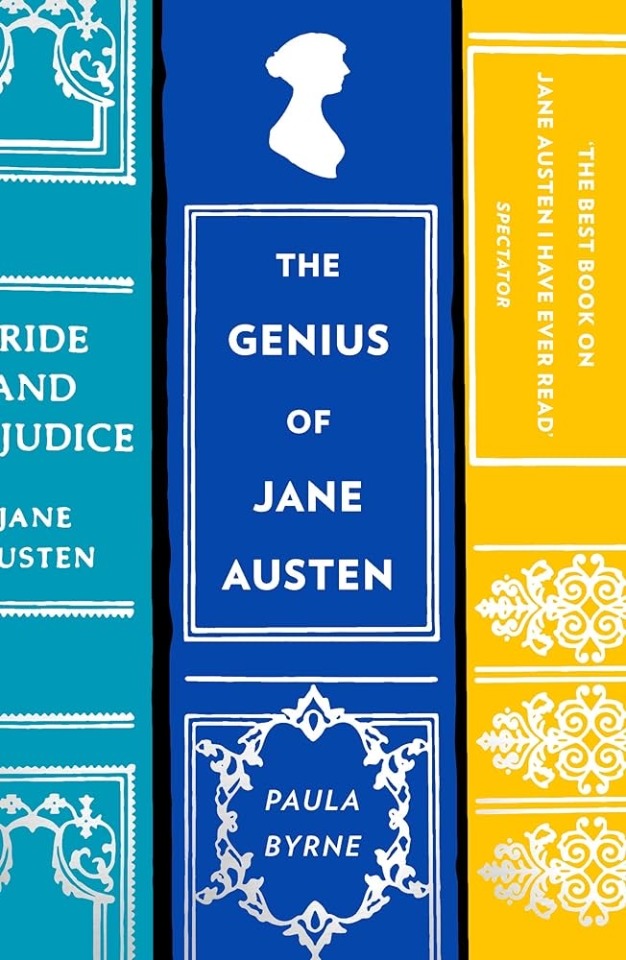
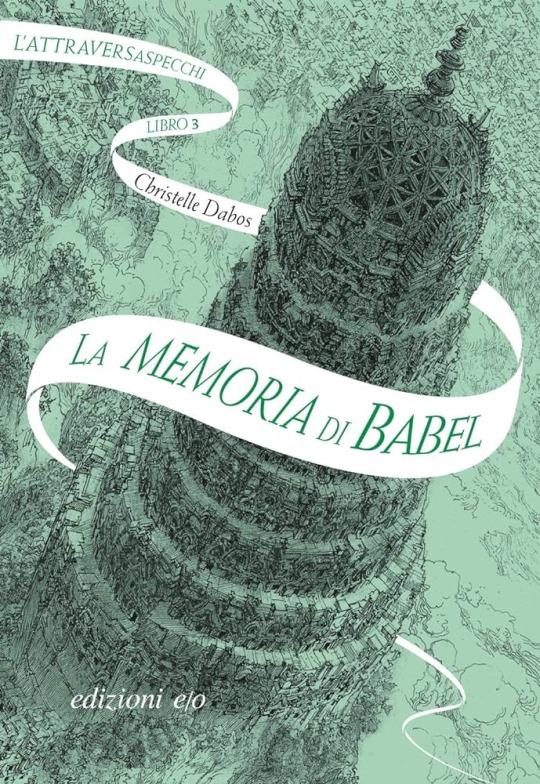
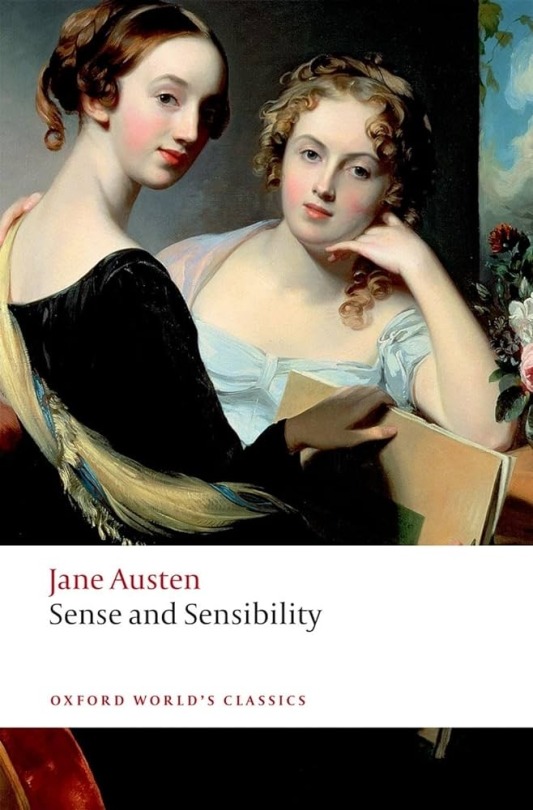
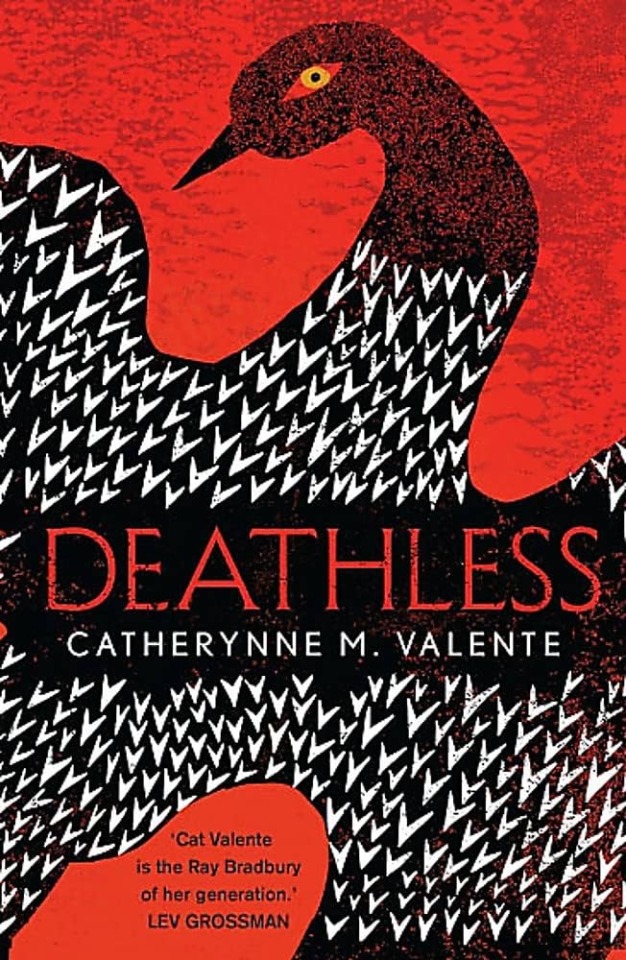
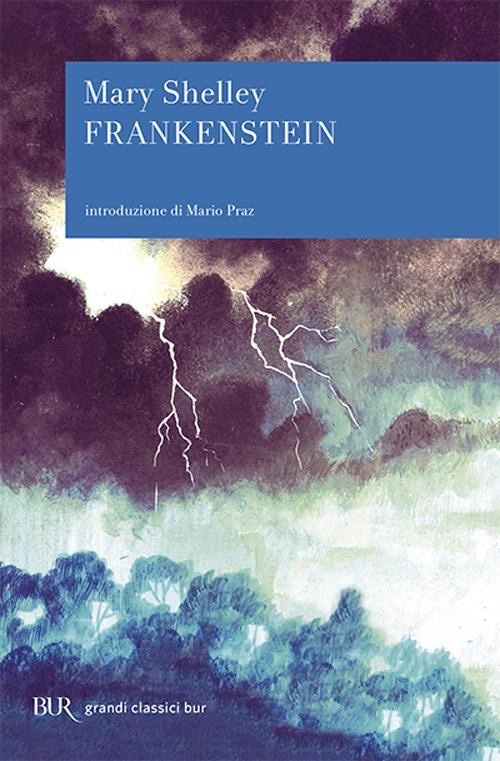
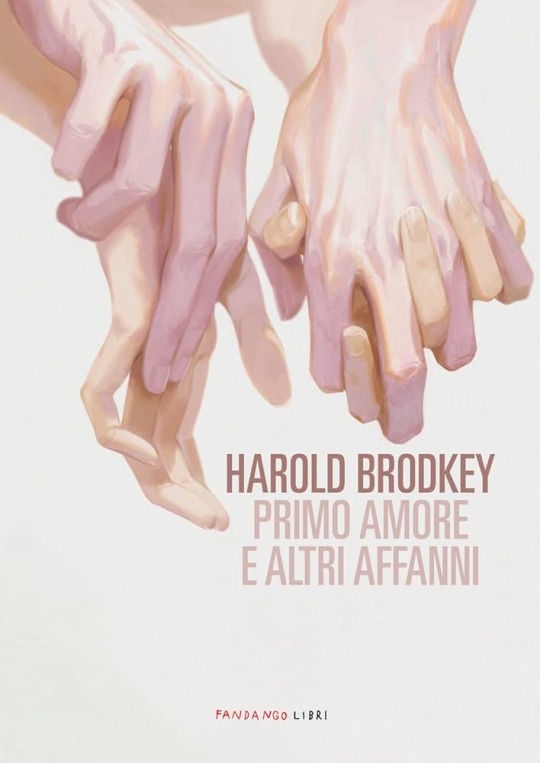


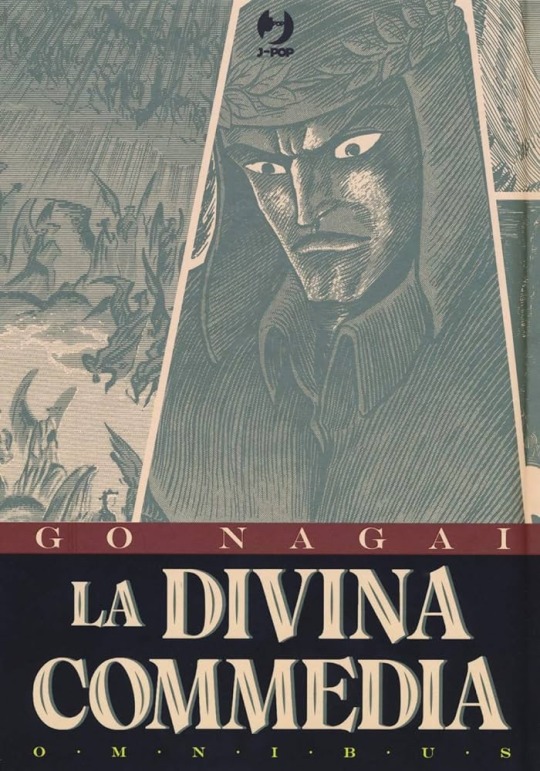
Tagged by @pasdetrois to list my 9 favorite books of 2023 or 9 books on my 2024 tbr list ✨ Thank you so much! Those up there are my favs from last year's.
Tagging: @marthanielsn @artemideaddams @mathilda-1819-1820 @girldante @solostinmysea @thepointlessmasterpiece
#so weird to make a 'best of the year' list so late into february#tag games#fav of the year lists#the genius of jane austen#la passe miroir#la mémoire de babel#sense and sensibility#deathless#frankenstein#first love and other sorrows#the queen’s thief#the queen of attolia#il nome della rosa#divina commedia#go nagai
40 notes
·
View notes
Text
shoutout (derogatory) to the one critic Maria and I love to drag re: Jane Austen, who wrote a bunch of muddled, tortured reviews of her books but ALSO an "ode" in which he lavished her with unwilling praise and also begged the universe to provide a second Jane Austen to properly attack and critique her
#men will do ANYTHING before going to therapy#when therapy is reading austen and appreciating her genius#jane austen
8 notes
·
View notes
Text
writing is so embarrassing because it’s like “so here’s this self-insert for ME”
and it like. almost always is that. all the time.
#saw a comedy clip about good will hunting and Matt Damon being like ‘so there’s this guy right? Looks like me played by me’#‘Same background as me. And he’s a GENIUS’ and unfortunately it’s so true#Jane Austen and Shakespeare never did that but pretty much everyone else DID/does#sometimes it works like Dickens with David Copperfield and Charlotte Brontë with Jane Eyre#(in as much as Jane Eyre works. its failures don’t come from that at least)#I find it so embarrassing when I really think about it. a main feature of my writer’s block tbh
10 notes
·
View notes
Text
"Solte as rédeas da sua fantasia e entregue-se à sua imaginação, para os vôos mais arrojados".
- Jane Austen (Orgulho e Preconceito)
#jane austen#genius#quote#quotation#frases#frase#writeblr#writers and poets#writers on tumblr#writing#literature#English literature#pride and prejudice#orgulho e preconceito#emma#emma woodhouse#persuasion#persuasão#northanger abbey#writer#writers#writerscommunity#write#creative writing
2 notes
·
View notes
Text
once again very overwhelmed with how obvious it is that the heroine of emma, with any other author, really should be jane fairfax or even harriet smith, but miss austen was like “no 😌💅 this story shall be about the rich spoiled girl who only i like and despite her flaws, she deserves a happy ending too”
#literally insane#jane you’re a genius#jane austen#emma#emma woodhouse#also I love emma btw lol but it’s so obvious how much you’d hate her if this story followed just harriet or jane#such good story telling
14 notes
·
View notes
Text
You're telling me I spent all this time aspiring to be Elizabeth Bennet when I could have been aiming to be Mrs.Allen?

#northanger abbey#jane austen#elizabeth bennet#what is life but a waste of ones resources#i too wish to baffle the people#by my appeal#neither beauty genius accomplishment nor manner#bish thats me
10 notes
·
View notes
Text
never watch a movie. it will make your brain go crazy
#i spent the entire time rapture watched pride and prejudice feeling like i was gonna explode#JANE AUSTEN YOU GENIUS!!!#the romance is so good. it was so excellent.#i don't even LIKE enemies to lovers type stuff i find “enemies” to be such a misused word#BUT LIKE I SEE THE BLUEPRINT I SEE IT BEFORE ME#AND ITS SO WONDERFUL#its another one that i Could make into a juke thing but again . enemies to lovers REALLY doesnt suit them#hummingbird chirp
2 notes
·
View notes
Text
i will never not absolutely lose it when i hear/read the line
“if i loved you less, i might be able to talk about it more.”
JANE AUSTEN YOU MAGNIFICENT BASTARD
#i love her so much shes a fuckin genius#LIKE OUGHHHHHHH#this is so#aila amell#and#solas#pilled#lmaooo#jane austen
7 notes
·
View notes
Text
"How very differently we feel!—Not think they will do each other any good! This will certainly be the beginning of one of our quarrels about Emma, Mr. Knightley.” (Mrs. Weston, Ch 5)
“We think so very differently on this point, Mr. Knightley, that there can be no use in canvassing it. We shall only be making each other more angry." (Emma, Ch 8)
Jane Austen is brilliant. How similar are these two statements! How well the author shows how Emma has taken on some of Mrs. Weston's manner and style, which makes sense since Emma was raised by her.
Both of them basically say, "let's agree to disagree" which of course Mr. Knightley does not accept because he's certain he's right on both points (Emma and Harriet will be a damaging friendship and Emma influenced Harriet incorrectly).
Emma and Mrs. Weston, rightly or wrongly, stand up to Mr. Knightley. Yet, both women also attempt to smooth over the argument and make peace. They are both used to Knightley, this is how Mrs. Weston has taught Emma to deal with him.
#emma woodhouse#emma#mrs. weston#mr. knightley#also the implication that Mrs. Weston quarreled with Mr. Knightley frequently#As a governess#She knows how to stand up for herself#She taught Emma to defend her opinions#Which while she may go wrong sometimes#is still a good trait#No wonder Jane Austen has lasted 200 years in counting#Jane Austen#jane austen is a genius
96 notes
·
View notes
Text
OP, my friend, you will never get over it. Never. And what a gift, right? To have this wry, perceptive voice from more than two centuries ago speaking to us about how it feels to be overlooked and belittled and misunderstood by the people who should love us best, how ridiculous and petty we can be to each other, how love takes work and patience and understanding and resolve, and how forgiveness and grace can be such small human acts and still feel miraculous.
So I just read Persuasion for the first time last weekend and oh my GOD I am fucking feral about it. The sharp asides! The social commentary on class and outer presentation versus inner character! The ABSOLUTE ANGSTY PERFECTION that is Anne/Frederick!!! I went through the entire Ao3 tag and watched the 1995 movie twice, and I STILL cannot get over it!

#jane austen#persuasion#Anne Elliot#Captain Wentworth#austen is such a fucking genius in her character work#i mean#we all KNOW these people#they're real#and that's why it's so easy to care about them
285 notes
·
View notes
Text
Like Amelia in Lovers' Vows, Fanny is unmoved by the temptations of wealth, status and sexual conquest. When she is given the rare opportunity to express her feelings, she does not hold back, as is shown in her gentle, but spirited, defence of her right to her 'negative’:
I should have thought …. that every woman must have felt the possibility of a man's not being approved, not being loved by some one of her sex, at least, let him be ever so generally agreeable. Let him have all the perfections in the world, I think it ought not to be set down as certain, that a man must be acceptable to every woman he may happen to like himself…. In my situation, it would have been the extreme of vanity to be forming expectation on Mr Crawford… How then was I to be - to be in love with him the moment he said he was with me? How was I to have an attachment at his service, as soon as it was asked for?"' (MP, p. 353)
This speech is remarkable for its encapsulation of the paradoxes of courship conduct for women, particularly those of a low status. Fanny's ‘settled dislike' of Crawford is not enough for Sir Thomas, or indeed Edmund, because Crawford is perceived as a socially acceptable ‘catch'; yet, paradoxically, it is precisely Fanny's lowly social status which precludes her from forming any expectations of Henry in the first place. Furthermore, when she is condescended to be noticed by a man of means, a man whom she has no right to consider in the first place, she is immediately expected to switch on her feelings, 'as soon as it was asked for’. […] Fanny, of course, is not in Amelia’s position of choosing her own husband, but she nevertheless exercises her right to refusal, as do most of Jane Austen's heroines. […] Austen has Henry Tilney advocating ‘women's power of refusal' in Northanger Abbey, but in Pride and Prejudice she conveys the limitations of a woman's 'no' in Mr Collins's and Darcy's refusal to accept Elizabeth's refusal. […] In Mansfield Park, Henry's reluctance to accept Fanny's refusal is proof of his gross selfishness. Even when she is softened by his conduct at Portsmouth, she still hopes to be released from his attentions: 'might not it be fairly supposed, that he would not much longer persevere in a suit so distressing to her?' (MP, p. 414).
- Paula Byrne, The Genius of Jane Austen. Her Love of Theatre and Why She Is a Hit in Hollywood
#jane austen#mansfield park#fanny price#paula byrne#the genius of jane austen#letteratura#currently reading#analysis tag
97 notes
·
View notes
Text
Maybe Jane Austen's real genius was that, unlike other authors at the time, she didn't have long sections where characters share their backstory. Or rather, when she did it, she set it up like a mystery so we'd want to know the backstory.
Instead of having a character be like, "Here's three chapters about my life," soon after showing up in the novel, she'd sprinkle little clues through the story that make us wonder, "What's Colonel Brandon's deal?" and then closer to the end of the story, Colonel Brandon would tell us what his deal was. We'd wonder "Why does Mr. Darcy do all those horrible things?" and then he'd give an explanation that includes a lot of backstory.
And these infodumps always come in response to significant moments of the story. She'd engage our minds and our emotions and then give us the infodump at a point when we care about the information it contains. Compared to some other authors (even some that came long after) it seems like a significant innovation.
#jane austen#books#random thought of the day#anyway 'helen' had two solid chapters of a secondary character sharing her backstory#at a point where i'm like 'i literally did not need to know that you had your heart broken as a teenager'#'and struggled with temptations toward political corruption with your second husband'#nothing about the story had made me even slightly curious about her backstory#it's fine for what it is but wow was it unnecessary and wow did it grind the story to a halt#and this was published decades after austen died!#(although it continued to be a problem long after)#(my other major example of a bad infodump)#(was conan doyle having a character show up and give the resolution to the mystery)#(as a novella-length infodump about his entire life)
386 notes
·
View notes
Text
Volume I, Chapter XVIII has been posted.
Town and Country
Fandom: Pride and Prejudice Words: 44,109 Status: WIP Pairings: Elizabeth Bennet/Fitzwilliam Darcy; Jane Bennet/Charles Bingley (background) Rating: General Audiences Setting: Regency
Summary: Elizabeth Bennet is South Asian.
Sample:
When an Englishman desires activity, inactivity, change, stasis, simplicity, intricacy, strangeness, familiarity, or the pleasure of managing, of not managing, or of having his own way, he will look—very naturally—to India. However little calculated that land, in itself, may be to fulfill these little caprices, its ideal is so fixed in his mind, that he is sure to find something within the stores of its ancient civilisation to answer to his notions.
Such was the case with Mr. Edward Bennet. The second son of a minor country squire, he was faced, at his majority, with the necessity of fixing upon some course, which would enable him to make his own way in the world. From a scholarly bent, which gave him a good deal of inborn curiosity; and because the idleness of habits, which he had heard to be common in the East, attracted him more than the manly rigour required for the practice of the legal or ecclesiastical professions in England; from these reasons, and perhaps still others, he left a country happily enlightened by sound philosophy, and the only true revelation, for one burdened with superstition and gross idolatry: he joined, in short, in the service of the East India Company at Bombay, soon after it was ceded to the English, and before he had attained his sixteenth year. Once his innate indolence had overcome the exigencies of the journey thither, it was not often further disturbed by any requirements of his post. His work as a writer for the Company kept him largely within its settlements in the western part of the state of Hindoostan; on the rare occasions when he left Bombay, it was only for Chaul or Bassein.
Mr. Edward Bennet had always intended to marry upon returning to his native England, when his contributions of learning to the Company would have earned him an independence. He was yet in India, however, when he was nearing forty; he grew increasingly susceptible to beauty, and ripe for picking; he was caught at last by a girl with gentle manners, a generous dowry, and remarkable beauty (so far as we can reconcile beauty with the olive complexion). She was the daughter of a Mahomedan merchant and moneylender, who had much to do with the India Company, and was very pleased to furnish one of its votaries with this his most precious good.
#pride and prejudice#JAFF#Jane Austen#pride and prejudice fanfiction#elizabeth x darcy#Lizzy is a brown rich woman#and Darcy is as he ever was#infuriatingly clueless and utterly whipped#but seriously this is genius
40 notes
·
View notes